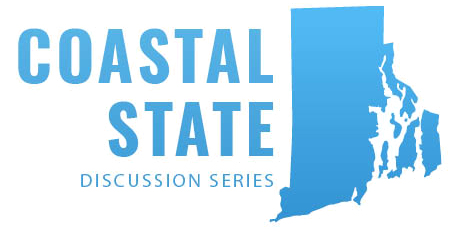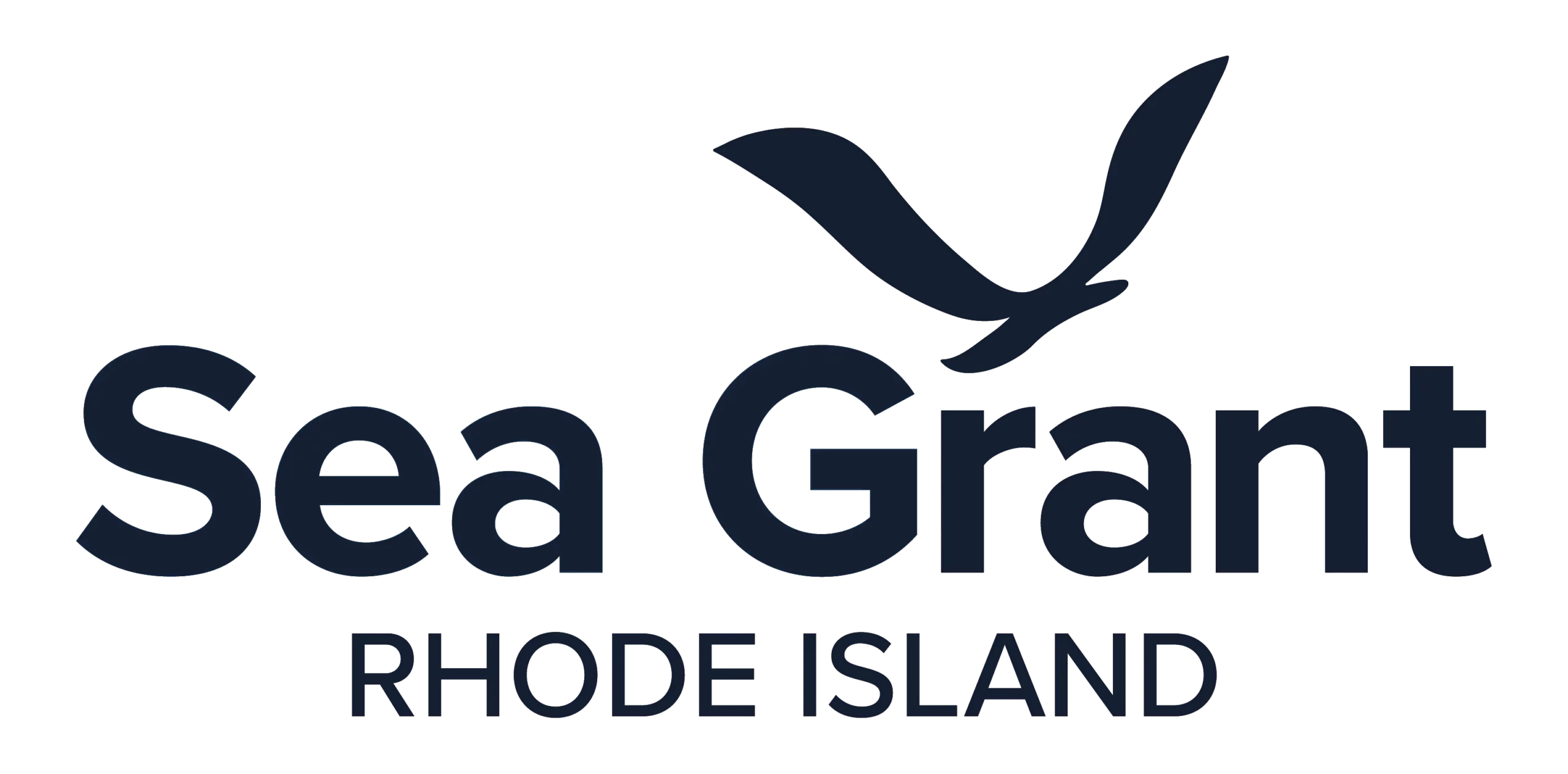Recent research highlights influence of seasonal patterns in triggering neurotoxin production from phytoplankton species with implications for shellfish industry
For the last seven years, researchers have been focused on a species of phytoplankton, Pseudo-nitzschia, known for producing the neurotoxin domoic acid, which causes amnesic shellfish poisoning that can be harmful, and in rare cases fatal, to both wildlife and humans.
In 2016, an unprecedented harmful algal bloom that spanned the New England seaboard led to the recall of more than five tons of shellfish in Maine and the first bay-wide precautionary closure for shellfishing in Rhode Island. As filter feeders, shellfish can accumulate domoic acid in their tissues, which can transfer to other organisms when consumed. While there has never been an incident of amnesic shellfish poisoning in Rhode Island, and domoic acid levels were well below any threshold of concern in Narragansett Bay, the incident prompted state agencies and research institutions to look more closely at the emerging presence of these phytoplankton species and what it could mean for the future of a $12 million industry in Rhode Island and local consumers.
“The first documentation was in the late 80s in Prince Edward Island, Canada, where there were four deaths. But there have been no documented deaths since then, which is a testament to the monitoring and quality of shellfish in the U.S.,” says Dr. Matthew Bertin, an expert in medicinal chemistry and chemical ecology at Case Western Reserve University and formerly of the University of Rhode Island.
In a recent Coastal State webinar sponsored by Rhode Island Sea Grant, Bertin shared recent findings suggesting that while this species have been residents in Narragansett Bay for quite some time, the more potent toxic-producing species (specifically P. australis) were introduced to the bay from offshore and that seasonal patterns strongly influence species distribution and domoic acid production.
“We hadn’t seen P. australis before the 2017 shutdown and now we’re seeing it after,” said Bertin. “It supports the hypothesis that P. australis came into the bay in 2017 … P. australis likes it a little bit cooler, which may explain why we see [seasonal peaks of domoic acid in the fall and spring.]”
These findings were derived using data from the Narragansett Bay Long-Term Plankton Time Series, sampling various sites across Narragansett Bay, and applying genetic identification methods to study different genes associated with domoic acid production in order to determine triggers for gene expression.
“The ecological role of domoic acid production is still not fully understood,” he said, explaining that researchers like himself are still trying to figure out why these species produce domoic acid in the first place. Is it a stress response to limited nutrients, such as nitrogen, phosphorus, or iron? Is it a defense mechanism against predation from zooplankton? Is it a competitive response to other species of plankton?
Some research, he notes, has shown a correlation to domoic acid production and nutrient availability, such as nitrogen, phosphate, and iron. Some other triggers documented are the microbiome of the species itself.
“If you provide antibiotics to certain cultures, they’ll stop producing domoic acid. If you take the resident microbiome of a resident toxin producer and place it with another that’s not producing toxin, you can trigger it and elicit domoic acid production,” he said, noting that they’re also continuing work to look at nutrient limitation and even circulation patterns within the bay to better determine species distribution and links to observed seasonal patterns.
“We’re pretty sure that species assemblages are driving domoic acid production,” he said. “But what’s driving the formation, the persistence, and the production of these assemblages still a mystery.”
Bertin will continue culture work to test nutrient limitations and examine mixed species interactions, and he hopes the time series data he and his group have established can helpful for other researchers and the community

The Coastal State Discussion Series is a forum dedicated to highlighting current scientific research focused on marine issues impacting Rhode Island coastal communities and environments.
To learn more, visit our website or YouTube channel where you can watch this and other Coastal State Discussion webinars.
